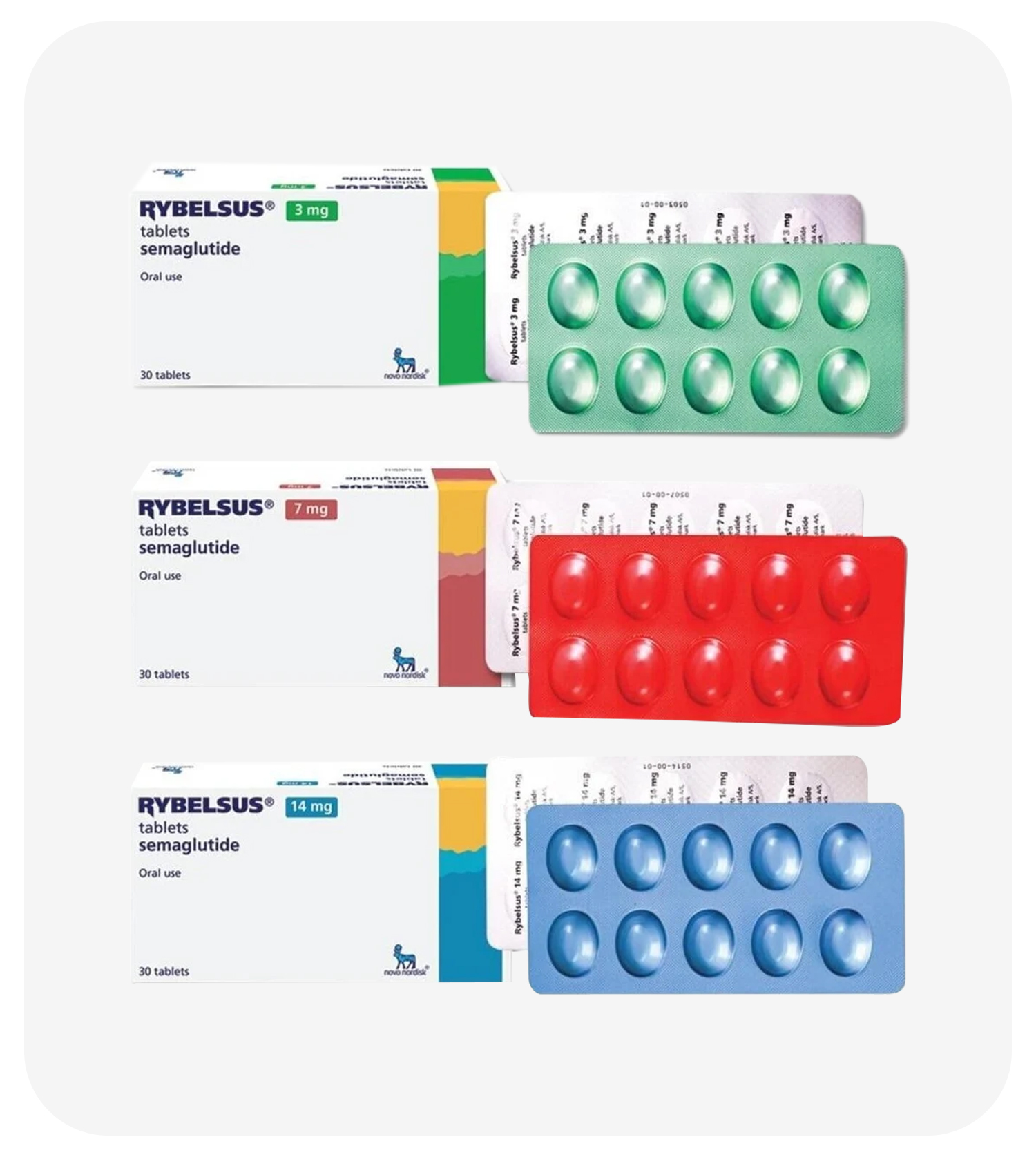Sitagliptin Phosphate IP
| 50 MG | |||
|---|---|---|---|
| Qty | Pack Price | Action | |
| 28 Tablets |
|
|
|
| 56 Tablets |
|
|
|
| 100 MG | |||
|---|---|---|---|
| Qty | Pack Price | Action | |
| 28 Tablets |
|
|
|
| 56 Tablets |
|
|
|
Januvia 100mg: A Complete Guide to Uses, Dosage, Side Effects, and More Januvia 100mg (sitagliptin) is a widely prescribed medication used to manage type 2 diabetes. As a member of the DPP-4 inhibitor class of drugs, Januvia works by increasing the levels of natural substances in the body that help regulate blood sugar. It is primarily used in conjunction with a healthy diet and exercise to improve blood sugar control in adults with type 2 diabetes. In this article, we will explore everything you need to know about Januvia 100mg, including its uses, benefits, dosage, potential side effects, and more.
What is Januvia 100mg?
Januvia 100mg is a prescription medication containing sitagliptin as the active ingredient. It is used to treat type 2 diabetes (also known as adult-onset diabetes) and works by regulating the body’s blood sugar levels. Januvia belongs to a class of medications known as dipeptidyl peptidase-4 (DPP-4) inhibitors.
DPP-4 is an enzyme in the body that breaks down incretins, which are hormones that help control blood sugar levels. By inhibiting the action of DPP-4, Januvia increases the levels of these incretin hormones, leading to better insulin release and glucose regulation. As a result, Januvia helps lower blood sugar levels after meals and throughout the day, contributing to better overall blood glucose control.
How Does Januvia 100mg Work?
Januvia works by enhancing the action of incretin hormones, which are released after eating. These hormones help regulate blood sugar levels by:
- Stimulating Insulin Secretion: Incretins stimulate the pancreas to release insulin in response to meals. Insulin helps lower blood sugar by promoting the uptake of glucose into cells for energy.
- Inhibiting Glucagon Release: Glucagon is a hormone that raises blood sugar levels. Januvia reduces glucagon release, which helps prevent blood sugar from rising too high.
- Improving Insulin Sensitivity: By increasing the effectiveness of insulin, Januvia helps the body use insulin more efficiently, which is crucial for managing type 2 diabetes.
Uses of Januvia 100mg
Januvia 100mg is primarily prescribed for managing type 2 diabetes, a condition where the body either does not produce enough insulin or does not effectively use the insulin it produces. It is typically used in combination with diet, exercise, and sometimes other medications to help control blood sugar levels.
Here are the primary uses of Januvia 100mg:
- Management of Type 2 Diabetes: Januvia is used to help lower blood sugar levels in adults with type 2 diabetes. It is often prescribed when diet and exercise alone are insufficient in controlling blood glucose.
- Combination Therapy: Januvia is often prescribed alongside other medications, such as metformin or sulfonylureas, for enhanced blood sugar control. It may also be used with insulin if other treatments are not sufficient.
- Improved Postprandial Blood Sugar Control: Januvia helps to manage post-meal blood sugar levels (also known as postprandial glucose) by improving insulin secretion and reducing excess glucose production.
Januvia does not cause weight gain like some other diabetes medications, and it has a relatively low risk of hypoglycemia (low blood sugar) when used alone.
Benefits of Januvia 100mg
Januvia offers several key benefits for individuals with type 2 diabetes:
- Improved Blood Sugar Control: Januvia helps reduce both fasting blood sugar levels and postprandial glucose levels, making it effective in maintaining overall blood glucose control.
- Low Risk of Hypoglycemia: Unlike some diabetes medications, Januvia has a lower risk of causing hypoglycemia when used alone, as it works based on glucose levels and does not artificially lower blood sugar.
- Weight Neutral: Januvia does not typically cause weight gain, which is a common side effect of other diabetes medications, making it a good option for people concerned about maintaining or losing weight.
- Convenient Once-Daily Dosage: Januvia is taken once a day, making it a convenient medication for people managing diabetes.
- No Injectable Requirement: Januvia is an oral medication, which is preferable for many individuals compared to injectable insulin or other injectables.
Dosage of Januvia 100mg
The standard recommended dosage of Januvia is 100mg once a day, taken by mouth with or without food. It is important to follow your healthcare provider’s instructions regarding the dosage and frequency of this medication. Some people may be prescribed a lower dose of 50mg or 25mg depending on kidney function or other factors.
Here are the general dosing guidelines:
- Adults: The typical dose is 100mg once daily.
- People with Kidney Issues: If you have kidney problems, your doctor may adjust the dosage to a lower dose of 50mg or 25mg per day, depending on the severity of your kidney condition.
- Missed Dose: If you miss a dose of Januvia, take it as soon as you remember. If it is almost time for your next dose, skip the missed dose—do not take two doses at once.
- Combination Therapy: Januvia is often prescribed alongside other medications for diabetes, such as metformin. Be sure to follow your doctor’s instructions if you are on a combination regimen.
Who Should Avoid Januvia 100mg?
Januvia 100mg is generally safe for most individuals with type 2 diabetes, but there are certain people who should avoid or use it with caution:
- People with Type 1 Diabetes: Januvia is not approved for use in people with type 1 diabetes, as it is designed for the treatment of type 2 diabetes.
- People with Severe Kidney Problems: Januvia should not be used in people with severe renal (kidney) impairment or end-stage kidney disease. The dosage may need to be adjusted in those with mild to moderate kidney problems.
- Pregnancy and Breastfeeding: Januvia is not recommended during pregnancy unless the potential benefit outweighs the risk. It is also not known if Januvia passes into breast milk, so caution should be exercised if you are breastfeeding.
- Allergic Reactions: Individuals who are allergic to sitagliptin or any of the ingredients in Januvia should avoid using this medication.
- Pancreatitis Risk: People with a history of pancreatitis (inflammation of the pancreas) should use Januvia with caution, as there have been reports of pancreatitis in some patients using DPP-4 inhibitors.
Common Side Effects of Januvia 100mg
Like all medications, Januvia can cause side effects. However, most people tolerate the medication well. The most common side effects include:
- Headache: Some individuals may experience headaches while taking Januvia.
- Upper Respiratory Infections: Januvia may increase the risk of colds, flu-like symptoms, or upper respiratory tract infections.
- Stomach Issues: Nausea, diarrhea, or indigestion are occasional side effects of Januvia.
- Joint Pain: Some individuals have reported joint pain or discomfort while on Januvia.
- Low Blood Sugar (Hypoglycemia): Although rare when used alone, Januvia may cause low blood sugar when combined with other diabetes medications like sulfonylureas or insulin.
Serious side effects, although rare, may include:
- Pancreatitis: Inflammation of the pancreas is a serious side effect that may cause severe abdominal pain, nausea, and vomiting.
- Severe Allergic Reactions: Signs of an allergic reaction include rash, itching, difficulty breathing, or swelling of the face, lips, or throat.
- Kidney Problems: In rare cases, Januvia can cause kidney issues, which may lead to symptoms such as swelling in the ankles or feet, dark urine, or changes in urination.
If you experience any of these serious side effects, seek medical help immediately.
Drug Interactions with Januvia 100mg
Januvia may interact with other medications, including:
- Other Diabetes Medications: Combining Januvia with insulin or sulfonylureas may increase the risk of hypoglycemia.
- Rifampin: Rifampin, an antibiotic, may reduce the effectiveness of Januvia.
- Cyclosporine: Cyclosporine, an immunosuppressant, may increase the levels of Januvia in the blood, leading to a higher risk of side effects.
- Digoxin: The blood levels of digoxin (a heart medication) may be increased when taken with Januvia.
Always inform your healthcare provider about any other medications you are taking, including over-the-counter drugs and supplements, to prevent potential interactions.
How to Store Januvia 100mg
Januvia should be stored at room temperature, away from moisture, heat, and light. Keep it out of the reach of children, and never use expired medication.
Conclusion: Is Januvia 100mg Right for You?
Januvia 100mg is an effective medication for managing type 2 diabetes by helping to control blood sugar levels. It offers a number of benefits, including improved glucose control, a low risk of hypoglycemia, and a convenient once-daily dosage. However, it is important to use Januvia under the guidance of a healthcare provider to ensure it is the right treatment for your condition.
If you're living with type 2 diabetes, consult with your doctor to determine if Januvia 100mg is suitable for you. Your healthcare provider will evaluate your medical history, kidney function, and other factors to recommend the best treatment plan for optimal blood sugar control.
Submit Your Review
Your email address will not be published. Required fields are marked *






